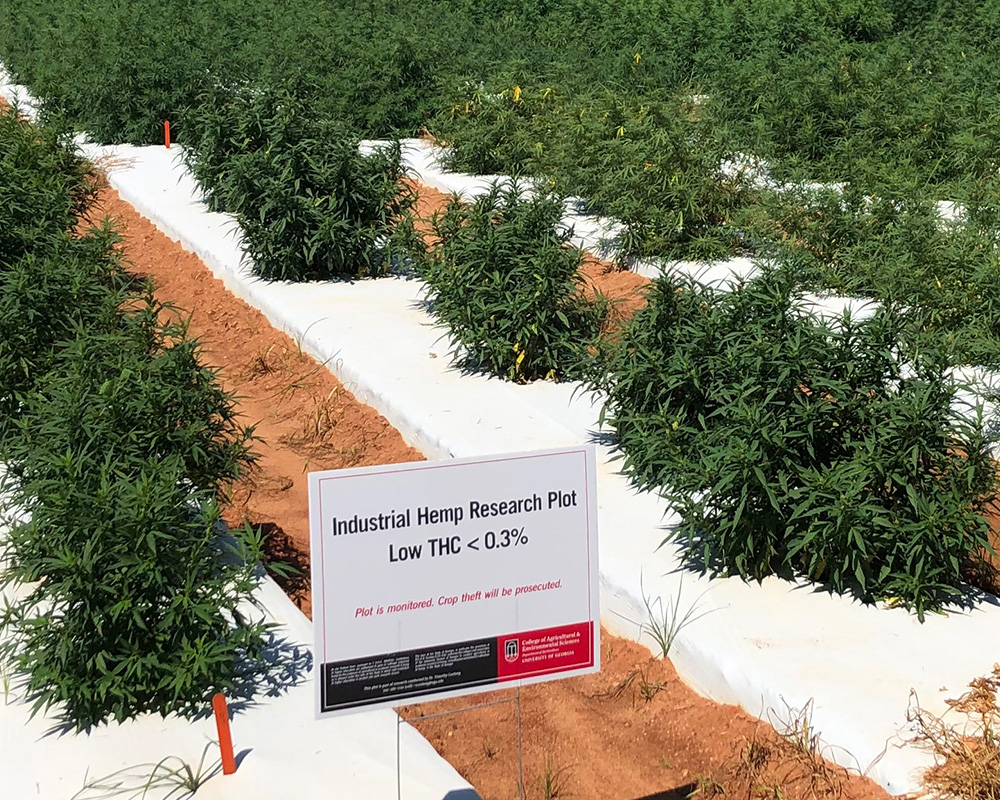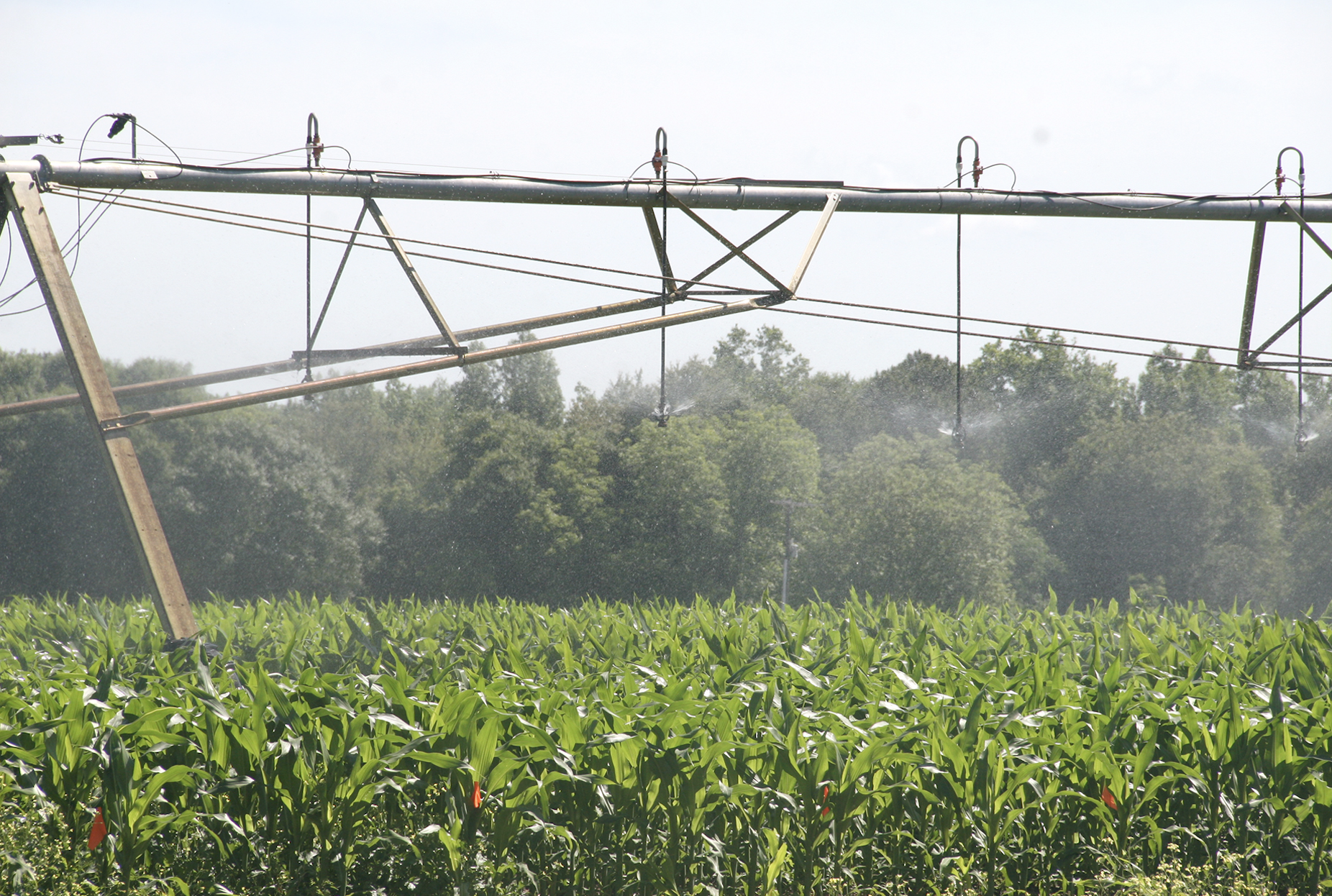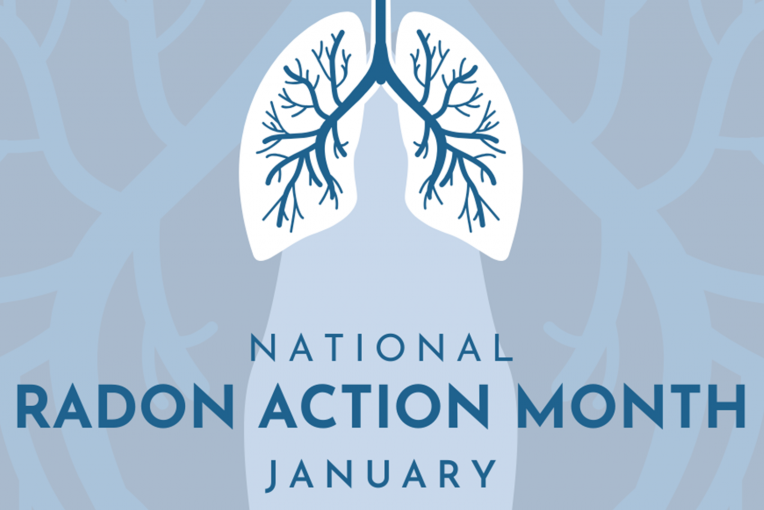 CAES News
CAES News
Radon Action Month
Radon Action Month, observed every January, is a reminder to protect your home and family from the dangers of radon exposure. Radon is a colorless, odorless, and tasteless radioactive gas that forms naturally from the breakdown of uranium in soil, rock, and water. It can seep into homes through cracks in foundations, construction joints, and other openings, building up to dangerous levels indoors. Prolonged exposure to high levels of radon is the second-leading cause of lung cancer in the U.S., surpassed only by smoking.

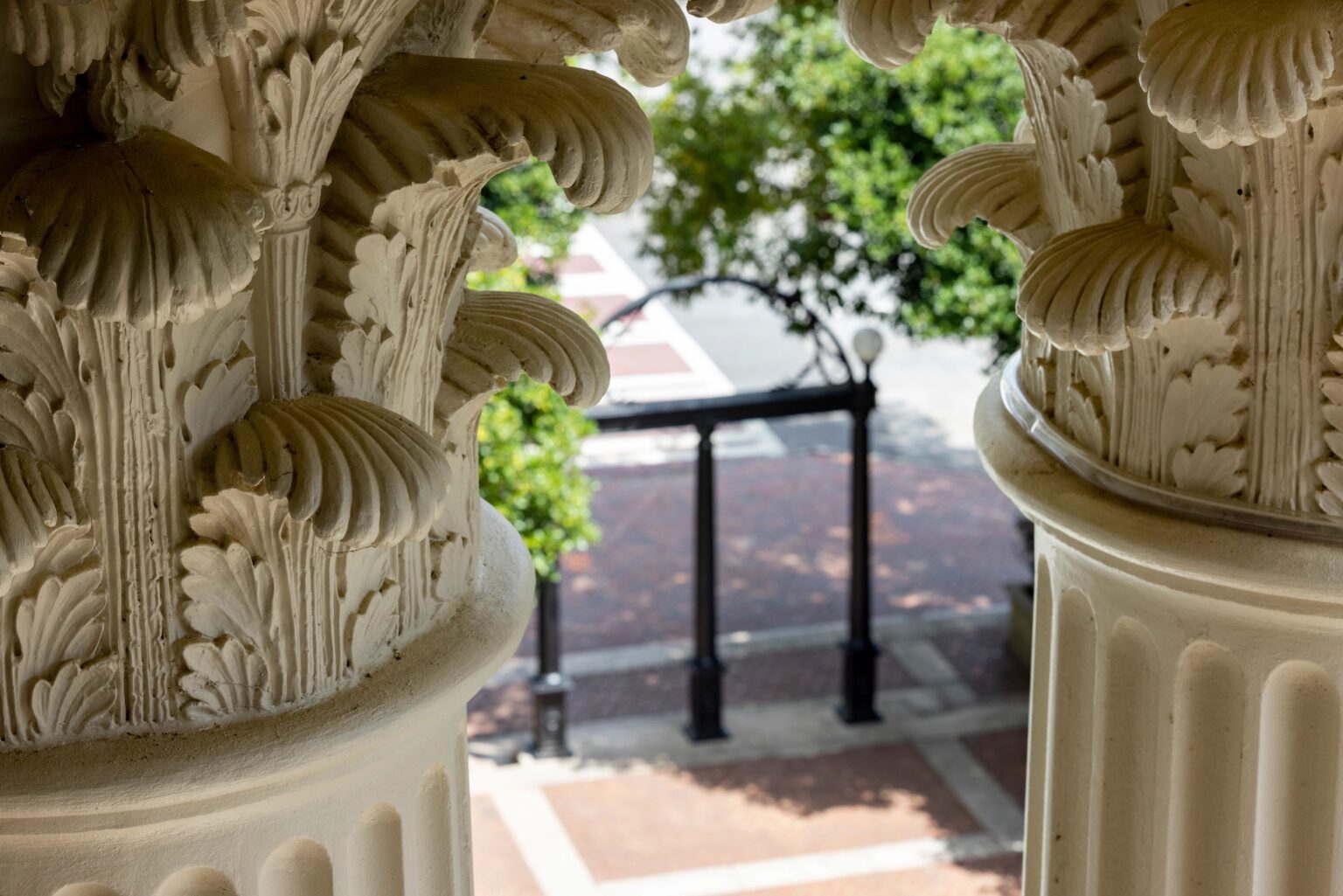
.png)
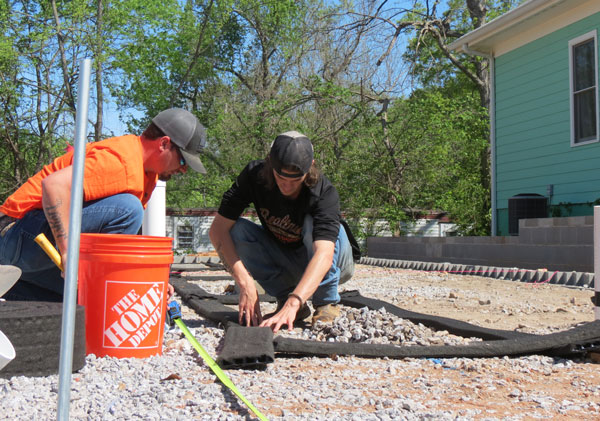
.jpg)
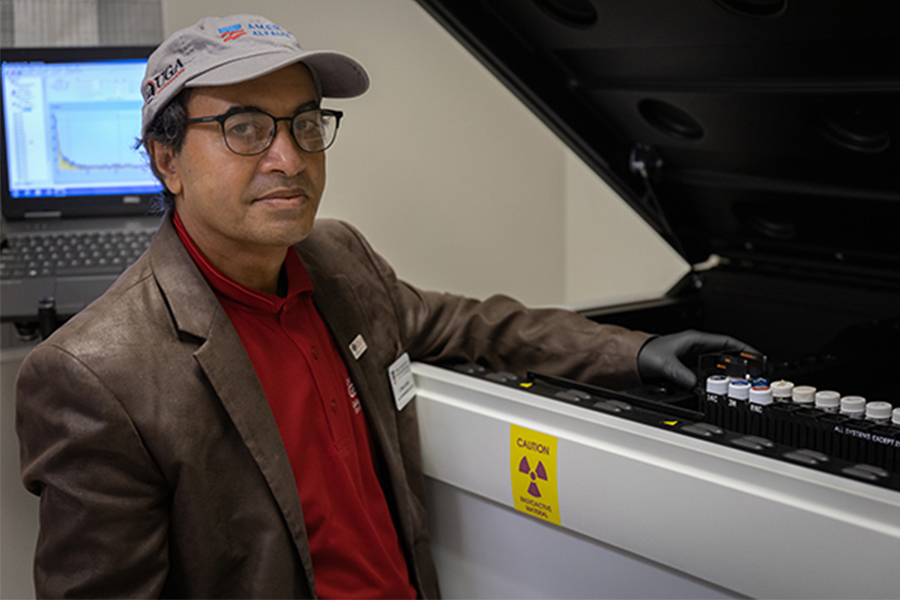
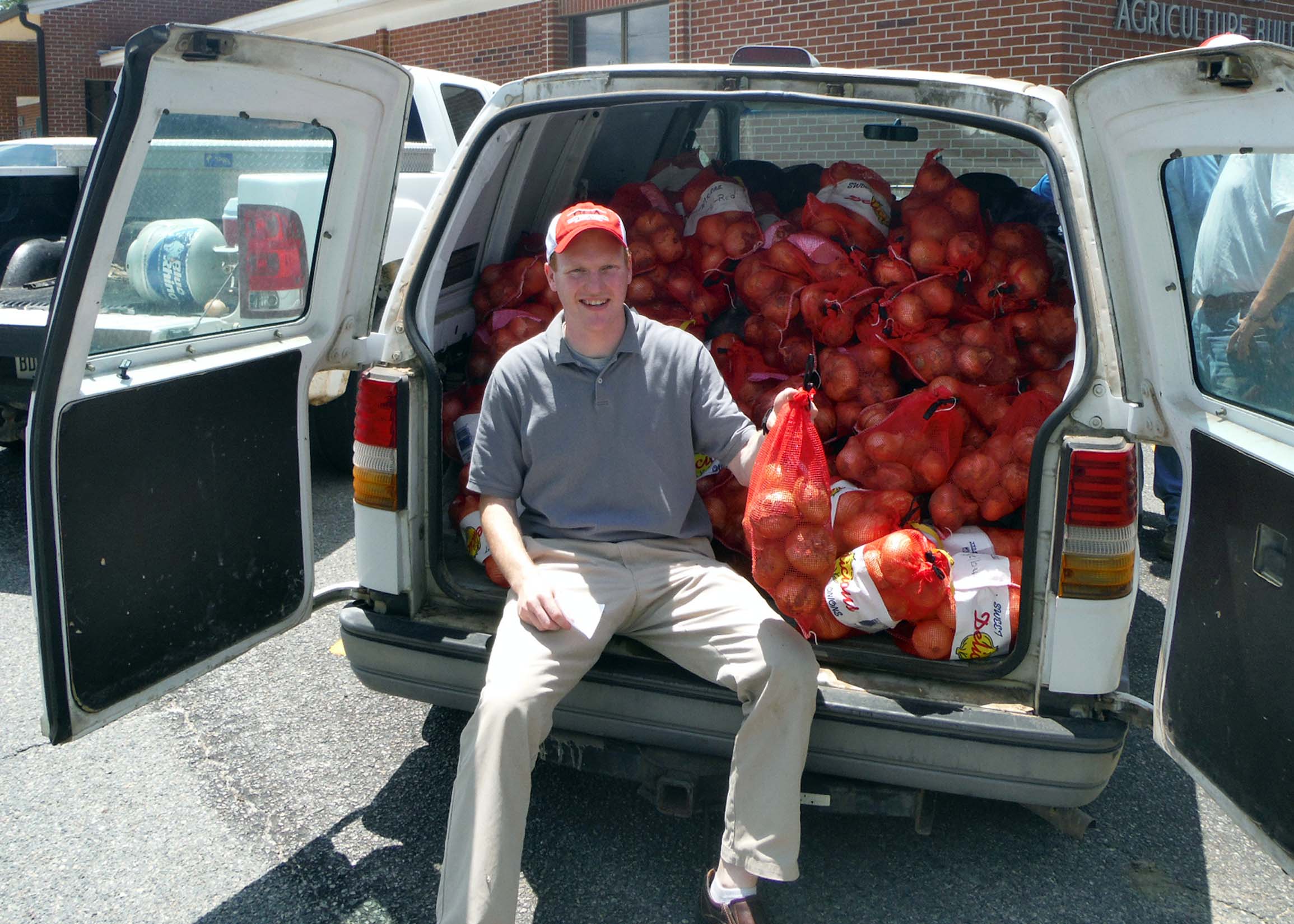
.jpg)
